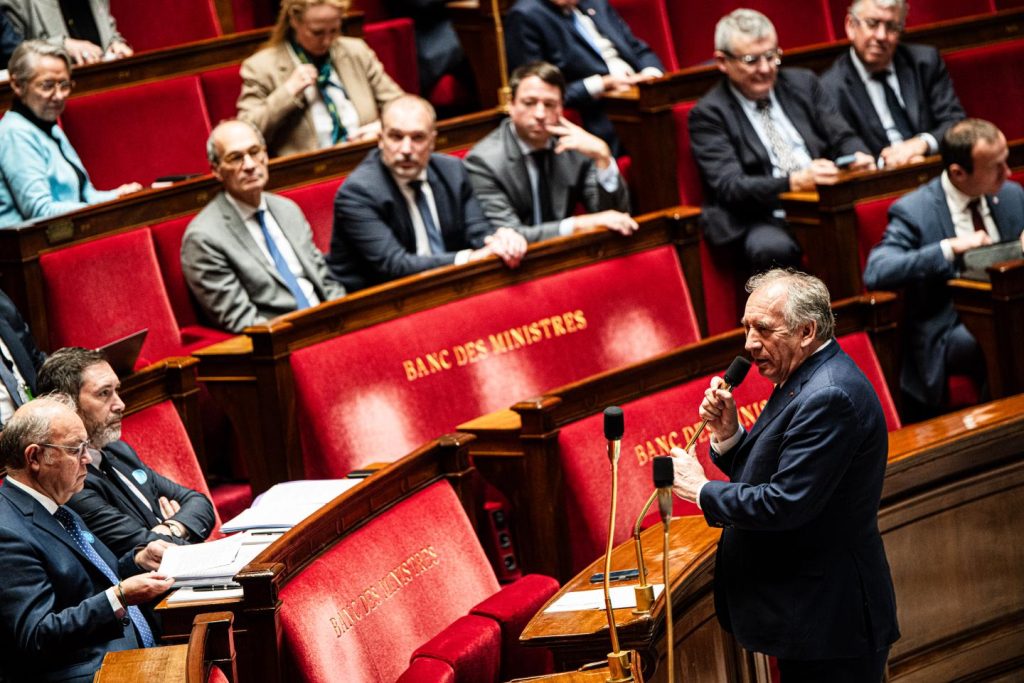The Prime Minister, François Bayrou, addressed the National Assembly in Paris on December 17, 2024, discussing the growing democratic crisis in France following the dissolution of the National Assembly by Emmanuel Macron on June 9. Many academics and some political actors are now advocating for the implementation of proportional representation in legislative elections as a way to encourage coalitions and compromise in a fragmented and polarized political landscape. By moving away from the single-member majoritarian system, which has been criticized for its presidentialism and authoritarian culture, France may finally have the opportunity to develop a more balanced and representative relationship with power.
All political parties, from the left to the Macronist camp and even the far-right, agree on the need for proportional representation in electing members of parliament. This reform has been part of their programs for several years, but despite multiple bills being introduced in the Assembly since 2017, they have never been brought to a vote. It only requires a regular law to modify the electoral law, yet this change has been consistently delayed. The new Prime Minister, François Bayrou, sees proportional representation as a point of consensus between opposing factions, with the aim of preventing government censure by the far-right Rassemblement National (RN), which has made it a key negotiation point.
Many see proportional representation as a way to break the deadlock in French politics and foster a more inclusive and democratic system. By giving smaller parties and independent candidates a better chance at representation, it could lead to a political landscape that is more diverse and reflective of the population. Under a proportional system, coalitions would likely become more common, fostering compromise and cooperation among different political factions. Critics argue that this may lead to more unstable governments, as coalitions may struggle to agree on issues, but proponents believe that it is a necessary step towards a more representative and functional democracy.
The push for proportional representation in France has gained momentum in recent years, with many seeing it as a way to address the growing disillusionment with traditional politics and the rise of populist movements. By moving away from a winner-takes-all system, proportional representation could help mitigate political polarization and promote greater cooperation among different parties. While there are concerns about the potential challenges of implementing such a system, supporters argue that it is a necessary reform to ensure that all voices are heard in the political process. With the backing of the Prime Minister and a broad consensus among political parties, proportional representation may soon become a reality in French politics.
In conclusion, the debate over proportional representation in France highlights the ongoing struggle to reform the country’s political system and address the challenges of a fragmented and polarized landscape. By advocating for a more inclusive and representative electoral system, proponents of proportional representation hope to foster compromise and cooperation among different political factions. While there are concerns about the potential drawbacks of such a system, many see it as a necessary step towards a more functional and responsive democracy in France. With the support of the Prime Minister and a growing consensus among political parties, the implementation of proportional representation may soon become a reality in the French political system.


